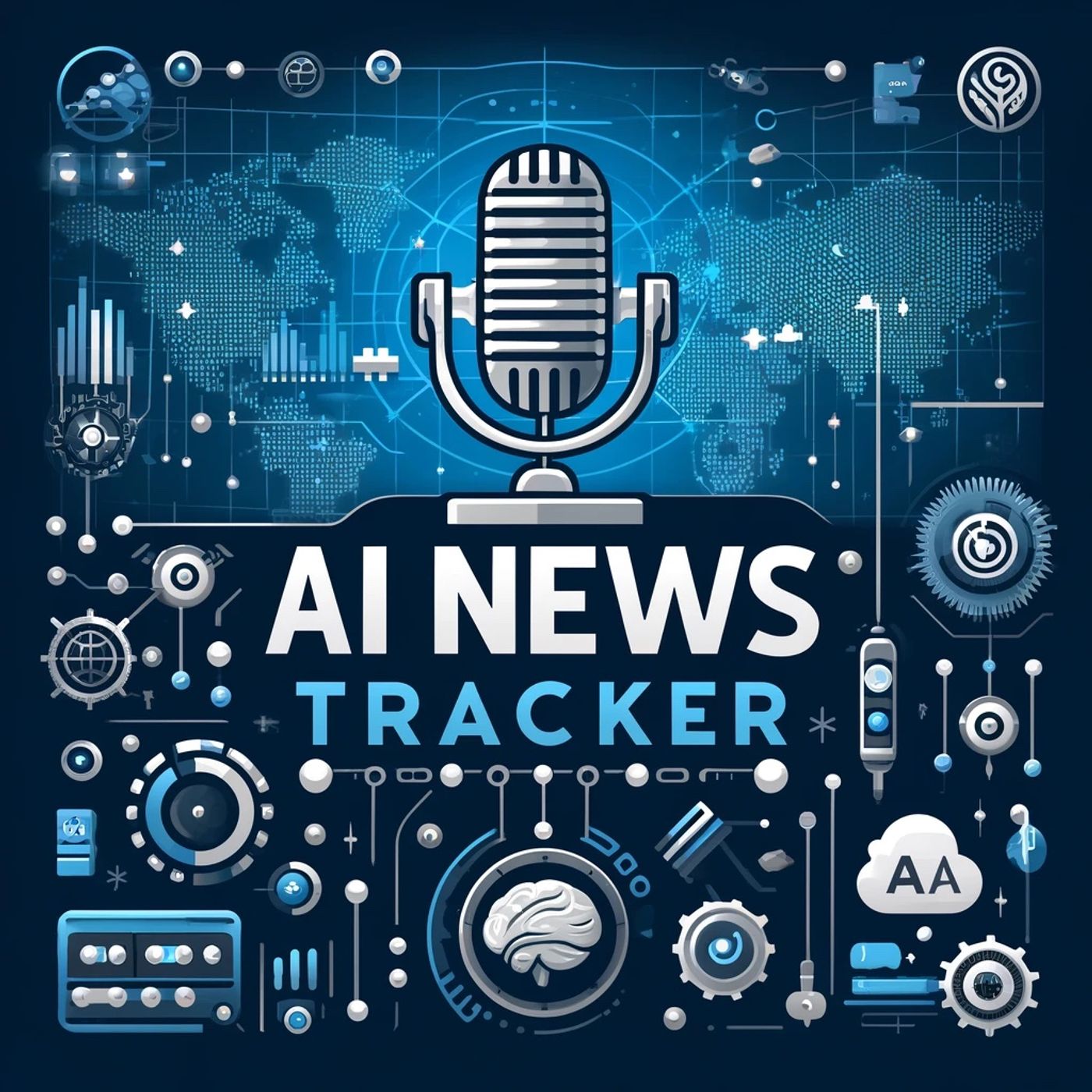Listen "The AI Boom: Surging Demand, Transformative Releases, and Global Infrastructure Race"
Episode Synopsis
The artificial intelligence industry has entered August 2025 in a phase of heightened investment, rapid product launches, and significant market restructuring. Over the past 48 hours, leading tech firms reported strong quarterly earnings driven by surging AI demand. For example, Alphabet’s Q2 2025 revenue rose 14 percent year-over-year, and Microsoft announced a record 100 billion dollar AI investment plan, fueling a jump in its stock price as investors anticipate outsized returns from enhanced data center and AI hardware capabilities. Other giants like Meta and Amazon are matching this aggressive spending, signaling the sector’s shift from innovation to full-scale economic dominance[1][5][6].The ecosystem is seeing major technology releases. OpenAI is preparing to launch GPT 5 this month, a new class of AI model designed with a modular architecture for improved versatility. Google DeepMind just released Gemini 2.5 “Deep Think,” which utilizes multiple AI agents for complex reasoning tasks, making headlines by achieving a gold-medal score in the International Math Olympiad—a first for artificial intelligence. These advancements highlight not just progress, but a new era of practical, reasoning-intensive AI capabilities[1].Strategic partnerships and capital flows underpin these developments. Stargate, a SoftBank, Oracle, and OpenAI consortium, has outlined plans for 500 billion dollars in AI infrastructure deployment. Governments are equally active, with the United States’ 50 billion dollar CHIPS Act and the European Union’s 200 billion euro program targeting new AI data centers, while China’s 1 trillion yuan fund accelerates semiconductor and quantum AI projects. Most notable, venture capital investment in AI startups reached 131.5 billion dollars in 2024, a 52 percent annual increase, as private firms compete for a stake in the infrastructure foundation of the AI age[2].Important recent disruptions include US tariffs on steel and aluminum, which have raised the cost of data center construction 30 percent since January. Companies like Apple and CoreWeave now face higher supply chain expenses, causing delays and shifting some production to Southeast Asia[3]. Meanwhile, AI adoption in sectors like healthcare and restaurants accelerates via new partnerships, such as SoundHound and Acrelec’s drive-thru AI, and BigBear.ai’s defense collaboration with DEFCON AI, signaling deepening integration into daily business operations[4].While investor focus remains overwhelmingly bullish on blue-chip tech stocks, experts point to overlooked opportunities among small and mid-cap AI infrastructure providers like Sterling Infrastructure, which has quadrupled in value year-to-date, suggesting a broadening of leadership and innovation across company sizes[5][7].For great deals today, check out https://amzn.to/44ci4hQThis content was created in partnership and with the help of Artificial Intelligence AI
More episodes of the podcast AI News Tracker
AI Boom Fuels Unprecedented Infrastructure Investments and Regulatory Shifts in the Industry
13/11/2025
The AI Industry's Critical Transition: Landmark Deals, Surging Valuations, and Enterprise Adoption
07/11/2025
Navigating the Shifting AI Landscape: Resilience, Partnerships, and the Pursuit of Practical Gains
06/11/2025
The AI Industry Enters a New Era: Record Deals, Soaring Valuations, and Infrastructure Expansion
04/11/2025
The AI Industry's Shifting Landscape: Mega-Deals, Global Partnerships, and Hardware Innovations
03/11/2025
 ZARZA We are Zarza, the prestigious firm behind major projects in information technology.
ZARZA We are Zarza, the prestigious firm behind major projects in information technology.
